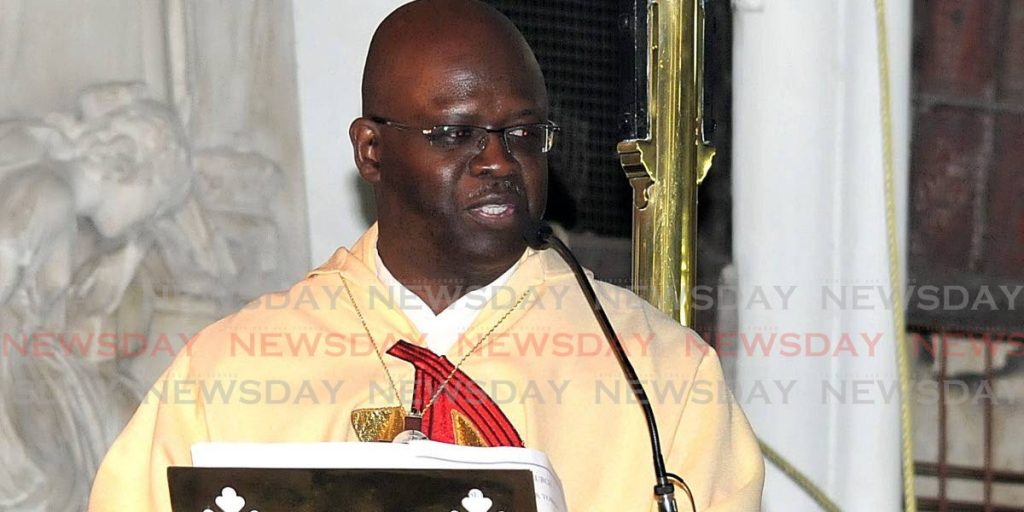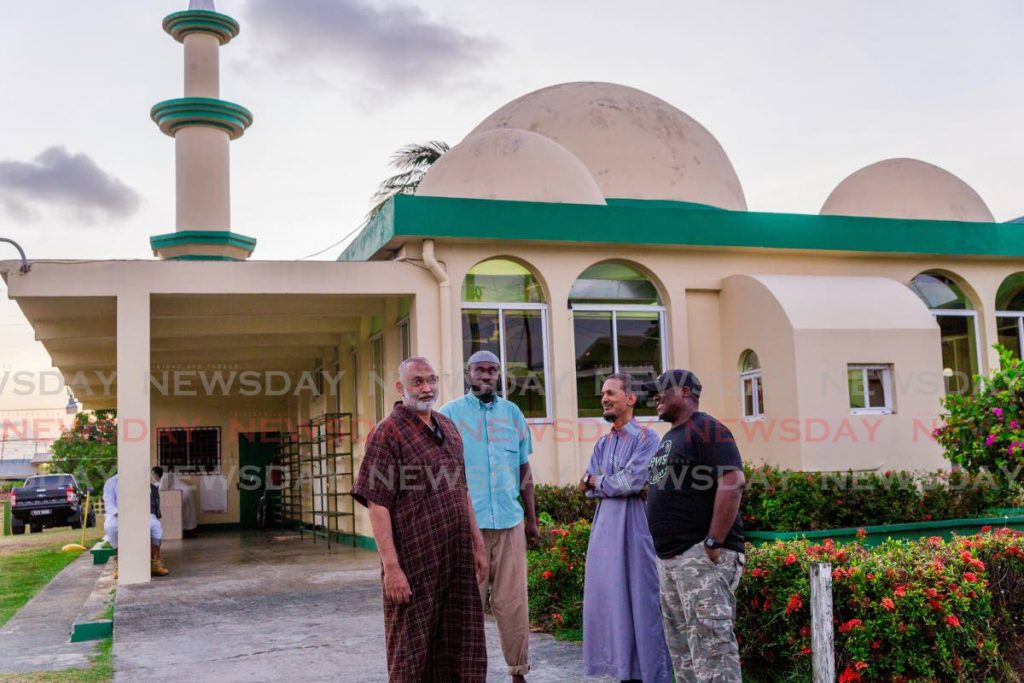Mixed views on marijuana decriminalisation

KINNESHA GEORGE-HARRY
Director of the Tobago Muslim Organisation Kameel Ali is against the decriminalisation of marijuana.
On November 22, government told Parliament it planned to introduce legislation to decriminalise the use of marijuana for medicinal and other purposes.
Attorney General Faris Al-Rawi said in a statement the Dangerous Drugs Act would be amended and a Cannabis Control Authority Bill introduced. He outlined most of the measures including allowing people to have up to 30 grammes of marijuana in their possession. There will be a fixed penalty for those in possession of 30-60 grammes.
Speaking with Newsday on Tuesday, Ali said while he has not yet discussed the topic with his members, they do not support the plan.
“Our religion teaches us that anything that intoxicates the mind is forbidden so, we are of the view that marijuana is wrong. We don’t support it,” Ali said.
Anglican Bishop Claude Berkley described the decriminalisation of marijuana as the first step in addressing a very complex societal issue. Berkley said marijuana use can negatively affect the body but also acknowledged some medicinal benefits do exist.
“We are not objecting on the grounds of a justice issue. Just as a measured limit of alcohol use for drivers is allowed, while any marijuana use is deemed criminal, I think that is not fair. In a similar way, tobacco is promoted internationally in spite of its known destructive and deadly impact on the body,” he said.
He said any decriminalisation must have the social support systems needed, such as an educational programme, counselling, and programmes for addicts.

“Decriminalisation of marijuana seems to target a certain sector of the society, especially those who might be marginalised and do not have the adequate support, social and moral support and protection,” he said, adding,“There is a lot of work to be done to sort out this kind of situation. Perhaps decriminalisation is a useful first step.”
Newsday contacted THA Chief Secretary Kelvin Charles and Secretary of Tourism, Culture and Transportation Nadine Stewart-Phillips for their views on the matter. Charles and Stewart-Phillips both promised to speak later on.
Newsday spoke to a few tourists to get their views on the matter and whether decriminalisation was an incentive to visit a country.
Canadian Robert Peavoy, a regular visitor to Tobago, questioned the haste in bringing this bill.
“I visit Tobago annually, as I own a property here, so this news came as a thief in the night to me.
“While I favour the usage for medicinal purposes, the positive impact it will have on the judiciary system and the production of it for exportation as a means of increasing the island’s GDP, I must say the rush of the bill, with all these elections on the horizon, has me a bit perturbed,” he said.
His wife Nina called for more education for the public.
“To the average citizen, decriminalisation means: 'We can smoke weed without lock-up.' But please tell me, of all the pressing matters facing this country and this island, Tobago, why the rush on this topic?” she said.
Tajè Radgh, from New Brunswick, Canada said while she is for legalisation, management is key when adopting first-world standards.
“And that is something completely absent in this country,” she said.


Comments
"Mixed views on marijuana decriminalisation"